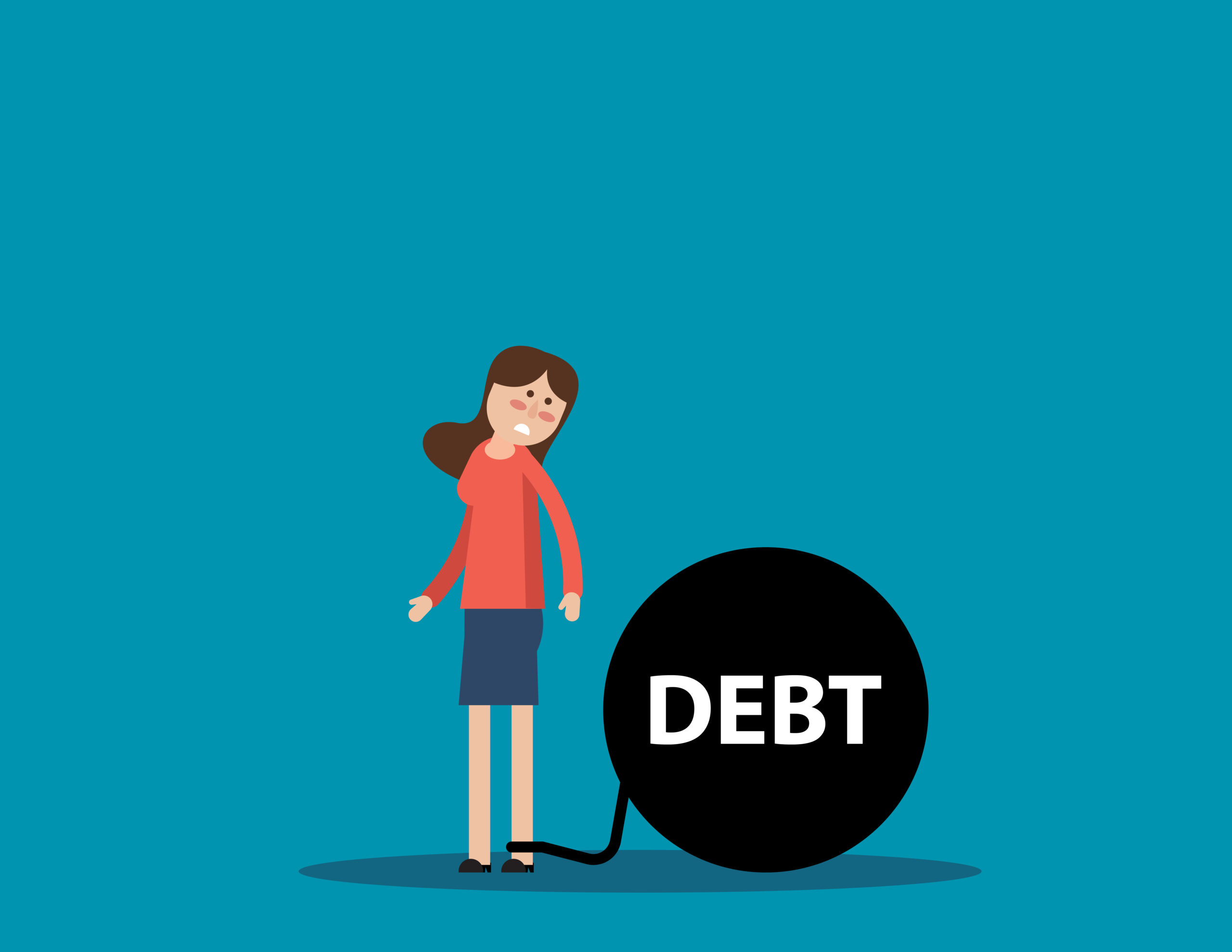Have you ever felt like your money disappears before the month ends?
Do you worry about not having enough for emergencies, bills, or even small treats?
You’re not alone.
Many people — even those who work hard — feel stressed about money because they don’t have a clear plan for how to use it.
The good news is:
You don’t need to be rich or have a finance degree to improve your financial life.
In this article, we’ll show you simple, easy-to-follow tips that can help you take control of your money — and build a better future.
We’ll use short sentences, real-life examples, and ideas anyone can understand.
Let’s begin.
Tip 1: Know Exactly Where Your Money Goes
Before you can make better choices with your money, you need to know where it goes.
Start by writing down everything you earn and spend each month.
This doesn’t have to be complicated.
Use a notebook, an app, or just a piece of paper.
Here’s what to do:
- Write down how much money you get every month (your income).
- List all your expenses — rent, food, phone, transport, clothes, etc.
- Check if you have money left over at the end of the month.
If you spend more than you earn, this tip helps you see why.
Example:
Maria works as a cleaner and earns $1,500 a month.
She writes down her spending:
| Item | Cost |
|---|---|
| Rent | $600 |
| Food | $300 |
| Electricity | $80 |
| Phone | $40 |
| Transport | $100 |
| Clothes | $100 |
| Other | $100 |
| Total | $1,320 |
Maria has $180 left each month. Now she knows where her money goes — and where she might cut back.
Tip 2: Make a Spending Plan (Also Known as a Budget)
Once you know where your money goes, it’s time to make a plan for how to use it.
A budget is simply a spending plan.
It helps you decide how much to spend on different things — so you don’t run out of money before the month ends.
Here’s how to start:
- Write down your income.
- List your expenses.
- Decide how much you will spend on each item.
- Leave some money for savings or unexpected costs.
Be realistic — don’t say you’ll spend $10 on food if you usually spend $100.
Set limits — decide how much you’ll spend on clothes or eating out.
Review your budget every month — adjust it if needed.
You don’t need special tools. Just a pencil, paper, or a free budgeting app.
Tip 3: Save Even a Little — It Adds Up Fast
Saving money may seem hard, but it doesn’t have to be.
Start small. Even saving $10 or $20 a week makes a difference over time.
Put your savings in a safe place, like a bank account or a jar at home.
Why Save?
- For emergencies (car breaks down, sudden illness)
- For big purchases (furniture, school fees, a new phone)
- For peace of mind
Example:
Ana saves $20 every week. In one year, she’ll have $1,040 saved. That’s enough for many surprises!
Tip 4: Stop Using Credit Cards Unless You Can Pay Them Off Fast
Credit cards are easy to use — but they can also get you into trouble.
They charge high interest if you don’t pay them off right away.
That means you end up paying more than you borrowed.
So unless you can pay your credit card bill in full every month, try to avoid using it.
Instead, use cash or a debit card — so you only spend money you already have.
Tip 5: Pay Off High-Interest Debt First
Debt is money you owe someone else.
Some debt is okay — like borrowing to buy a house. But other kinds of debt can hurt your finances.
Avoid high-interest loans and credit cards unless you must use them — and always pay them back on time.
Example:
Jorge used his credit card to buy a TV. He couldn’t pay it off fast, and now he pays extra interest every month. He’s stuck in bad debt.
Instead, Jorge should have saved a little each month until he had enough to buy the TV outright.
Tip 6: Use Free Tools to Help You Manage Your Money
There are many free tools that can help you track your money and stick to your budget.
Here are a few:
- Mint: Tracks your spending and builds a budget for you (free)
- Goodbudget: Uses the envelope method — you give your cash to different “envelopes” like rent, food, etc.
- EveryDollar: Helps you plan your budget each month (free version available)
- Excel or Google Sheets: Create your own budget with columns for income, expenses, and savings
Pick one tool and try it for a month. If it doesn’t work, try another.
Tip 7: Watch Out for Common Mistakes
Even smart people make budgeting mistakes. Here are the most common ones — and how to avoid them:
❌ Not tracking expenses – You can’t manage what you don’t measure.
✅ Solution: Write down every dollar you spend for one month.
❌ Forgetting irregular expenses – Things like car registration, birthday gifts, or medical checkups happen once a year.
✅ Solution: Divide the cost by 12 and save that amount every month.
❌ Spending all your income – If you spend everything you earn, there’s no room for savings or emergencies.
✅ Solution: Always leave some money for savings or unexpected costs.
❌ Making a perfect budget that’s impossible to follow – Don’t set unrealistic limits.
✅ Solution: Be honest about your spending habits.
❌ Giving up after one mistake – One slip-up doesn’t mean failure.
✅ Solution: Review your budget and try again next month.
Tip 8: Set Goals — Big and Small
Goals help you stay focused and motivated.
Ask yourself:
- What do I want to achieve with my money?
- Do I want to save for a vacation?
- Pay off a loan?
- Buy a house someday?
Write down your goals — and break them into small steps.
Example:
Carlos wants to save $1,200 in one year.
He divides that by 12 months — and decides to save $100 each month.
Now he has a clear plan — and something to work toward.
Tip 9: Earn Extra Income — Even a Little Helps
If you’re struggling to cover your monthly expenses, earning a little extra can make a big difference.
Here are some simple ways to earn extra money:
- Sell used items online (books, clothes, electronics)
- Walk dogs or babysit
- Offer cleaning or gardening services
- Join a delivery app (like Uber Eats or DoorDash)
- Take surveys or test websites online
You don’t need a second job — just a few hours a week can add up.
Tip 10: Teach Kids About Money Early
Parents, here’s a tip: teach your kids about money early.
Help them understand:
- How money comes in and goes out
- The importance of saving
- How to plan for things they want
Start small:
- Give them a small allowance
- Let them decide how to spend it
- Encourage them to save part of it
Even a few dollars can teach powerful lessons.
Real-Life Example: Maria Learns to Manage Her Money
Maria was a single mother working two jobs. She didn’t know how to manage her money and was always stressed.
She decided to change.
First, she wrote down her income and expenses. She saw where her money was going and made a simple budget.
Then, she started saving $10 a week. Over time, she built up an emergency fund.
She stopped using her credit card and paid off old debt.
One day, her car broke down. Instead of panicking, she used her savings to fix it.
Today, Maria feels in control. She’s not rich — but she sleeps better at night because she knows she’s building a better future.
Final Thoughts: Small Steps Lead to Big Results
You don’t need to be rich to improve your financial life.
You just need to care enough to make a plan.
Use these key ideas:
- Know how much you earn
- Track how much you spend
- Make a budget and stick to it
- Start saving — even small amounts add up
- Avoid bad debt
- Use free tools to help you stay on track
- Learn from mistakes — keep trying
Remember: the goal isn’t to be perfect — it’s to make progress.
Call to Action: Start Today
Don’t wait for “some day.”
Start now.
Grab a notebook or open your phone.
Write down how much you earn.
List your main expenses.
Decide how much you’ll try to save this week.
Every great journey begins with one small step. Yours starts today.
Additional Resources
Looking for more help? Check out these beginner-friendly sites:
- Khan Academy – Personal Finance – Free lessons for all levels
- Mint Budgeting App – Helps track spending and build a budget
- Federal Citizen Information Center – U.S. government site with tips on managing money
- Goodbudget App – Great for learning the envelope budgeting method
- EveryDollar App – Helps you plan your budget each month
Summary: Key Points to Remember
- A budget is a plan for how to use your money each month.
- Knowing how much you earn and spend helps you take control.
- Make a spending plan and review it regularly.
- Start saving — even small amounts help.
- Avoid bad debt and pay off what you owe.
- Use free tools like apps or spreadsheets to help you budget.
- Learn from mistakes — don’t give up.
- Teach children about budgeting — it builds lifelong skills.
- Start today — small steps lead to big results.
You Got This
You don’t need to be an expert to manage your money.
You just need to care enough to try.
Take a deep breath.
You’ve got this.
Your future is worth it.







Deixe um comentário